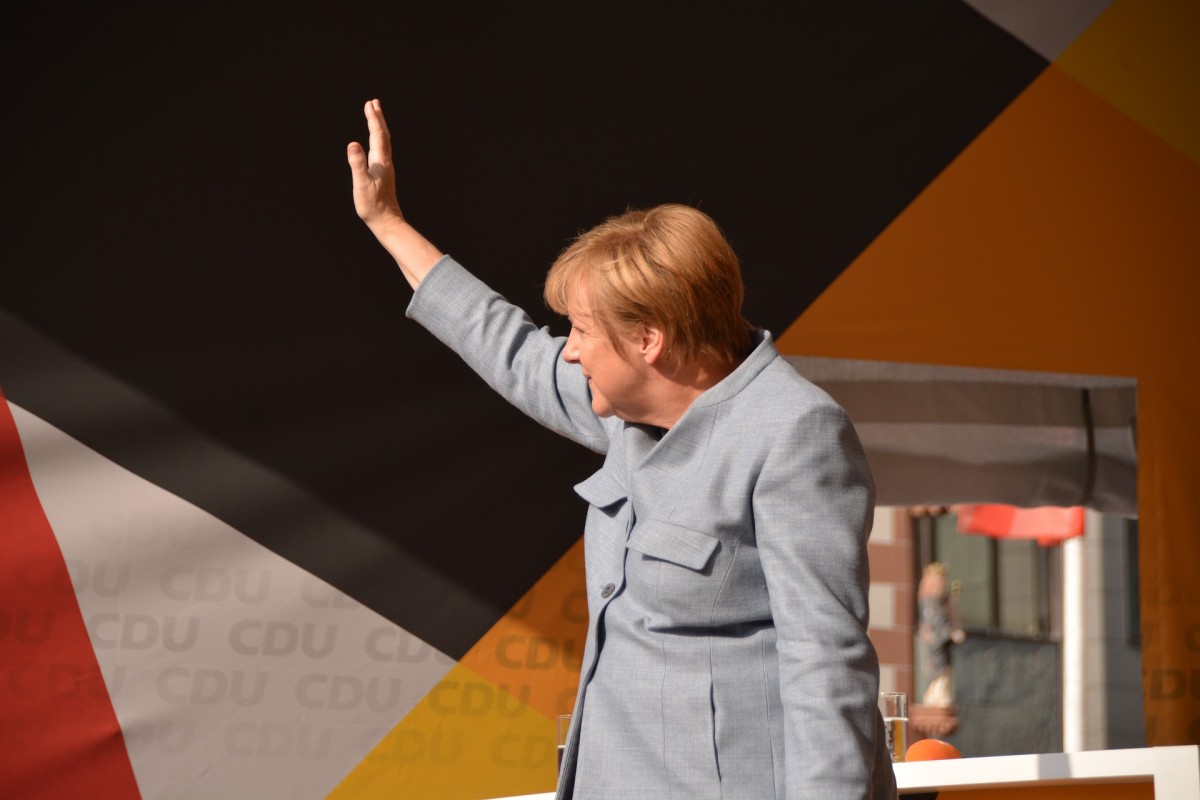Germany is on Saturday marking the 30th anniversary of its reunification but celebrations have been toned down due to the coronavirus pandemic.
The country was reunited on Oct. 3, 1990, following four decades of Cold War division with East Germany — under communist rulers — joining the western federal republic nearly a year after the fall of the Berlin Wall and the rest of the fortified border between the two states.
Chancellor Angela Merkel, who grew up in East Germany, told parliament earlier this week that the country has “achieved a lot in 30 years.”
“We have succeeded in significantly reducing the differences in living conditions between eastern and western Germany,” she went on. “But structural differences remain”.
“Further efforts are necessary,” she added.
She also acknowledged that the celebrations “will be quieter than the occasion would actually deserve”.
Radical rethink
The centrepiece of Saturday’s celebrations was a ceremony in Potsdam, just outside Berlin, led by President Frank-Walter Steinmeier, with 230 guests — about one-fifth of the audience originally planned.
Steinmeier said Germans are “rightly proud” of the path the country has taken since reunification and that “no pandemic can get in the way of that.”
**”Our unity is a unity in freedom and diversity, a unity that Germany must always define in European terms! We decided against national navel-gazing, for a European Germany. This is the path we want to go on.”
He said however that three decades on, the country remains “in a paradox.” **
“We are nowhere near as far as we should be, but at the same time we are much further along than we think,” he said, emphasising that inequalities between east and west remain, especially a “clear wage gap.”
“We live in the best Germany that has ever existed,” he went on, warning, however, against complacency.
“Corona(virus) has taught us humility. Climate change is fundamentally challenging our way fo life. Old alliances are becoming weaker, the world has become more insecure. Many of the things we have taken for granted for the past thirty years are no longer.”
He called on people to “be careful” and to “keep our eyes on what needs to be done urgently.”
“The future after Corona(virus) is now being negotiated worldwide. Climate, digitisation, cohesion. We have to be there, we have to be good, and fast, and ready to think, yes, in some cases, to rethink radically,” he argued.
‘Freedom, democracy, human rights’
European leaders are also marking the milestone online.
“Built on the values of freedom, democracy and human rights, the German reunification paved the way to the expansion of the European Union,” EU Council President Charles Michel said on Twitter.
The Austrian Chancellor celebrated Helmut Kohl, the former German leader Helmut Kohl as “the great architect of the reunification of Germany and Europe.”
For the head of the North Atlantic Treaty Organisation (NATO) Jens Stoltenberg, “3 October 1990 was a defining moment for Germany, Europe, and the world.”
“A united Europe & a strong transatlantic bond continue to the vital for our security today,” he wrote on Twitter.
The Kremlin revealed that Russian President Vladimir Putin had sent his congratulations to the German President and Chancellor.
“The head of the Russian state stressed that the unification of Germany that took place three decades ago was a very important event in European history. Vladimir Putin also reaffirmed Russia’s unwavering readiness for dialogue and interaction with German partners on topical issues on the bilateral and international agenda,” the statement also said.
euronews.com
pixabay


















